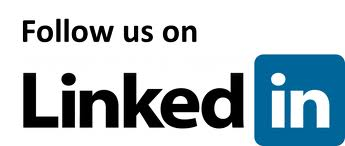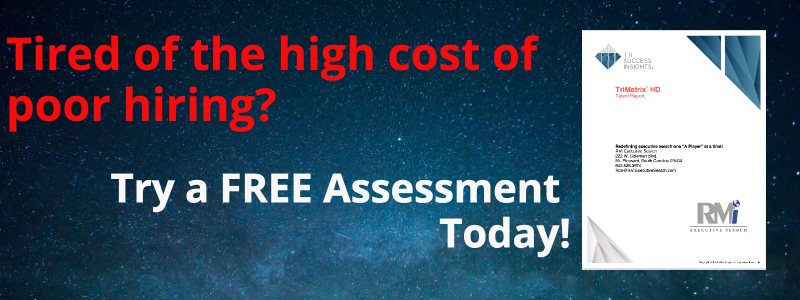Leadership: Achieving extraordinary business results through people.

According to the Pew Research Center, approximately 10,000 baby boomers turn 65 every day (and will through 2030). This is creating a huge "brain drain" for American businesses. And with businesses facing more complex challenges and opportunities every day, determining who will lead and manage organizations into the future is critical.
Leadership may be the single most important factor to the success or failure of a company, because our leaders and managers inspire and motivate us to achieve the company's vision and goals. Not everyone has the ability to be a leader (or wants to be). But, for those who do aspire to being more than individual contributors, it's important to focus on developing their leadership skills and more importantly utilizing their strengths to their fullest extent.
Whether you're recruiting or promoting, leadership typically has common themes around accountability, business results, communication, delegation, and people development. When gauging whether or not a person has the "right stuff" to be a leader, look for capabilities like self-confidence and initiative; bouncing back from setbacks and staying cool under stress; empathy and powerful communication; collaboration and teamwork.
There will be different functional requirements depending on the role (e.g. CFO vs. VP of Sales vs. Director of Operations), so begin by defining your ideal candidate.
This list of 15 soft skills interview questions will aid you in exploring someone's overall leadership capability:
- Draw an organization chart above and below your current position while explaining the scope of your responsibilities, number of people you lead, major initiatives, etc.
- Describe your leadership style and how you've learned to adapt it to the styles of those on your team.
- What would your current subordinates say are your strengths and weaknesses?
- Describe the most significant result you have delivered for a previous company, division, team, etc.
- What is the most significant business mistake you've made in your career? What were the ramifications and how did you correct it?
- Describe a time you took a risk for the sake of a principle, value or mission. Or describe a time when you "took the bullet" for your team.
- What is the greatest setback you've suffered in business and how did you recover from it.
- Describe a time you were able to turn-around the performance of a team or team member.
- Describe your recruitment strategy to ensure you hire and retain top performing A-Players. How many underperformers have your removed in the past and what was your approach.
- Describe a time when you were able to maintain your team's trust while implementing an unpopular decision. Or describe how you rebuilt trust after taking over from a failing manager.
- Describe a time when you had to maintain your optimism (in front of your team) despite real-time challenges and adversities.
- How and when do you delegate?
- How do you set goals for your team and encourage initiative?
- How do you ensure your team knows what is expected of them?
- Describe a time when you involved others in a decision-making process, but where you couldn't make a decision that pleased everyone.
This list provides a great starting point when interviewing candidates for leadership roles. It should easily help you generate an additional 15-30 follow-up interview questions. Be sure your list is comprehensive and covers the topics/traits that are most important to your executive team. This will often correlate with the recognized "gaps" from departing team members or recent failures. Happy Interviewing!!!
Lagniappe - A little something extra!
- Daniel Goleman - What Makes a Great Leader?
- 20 Competencies of Emotional Intelligence
Need help identifying your future leaders?
Call 843-628-3974 OR contact us today!




